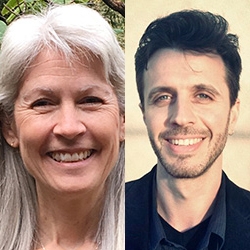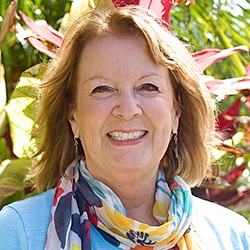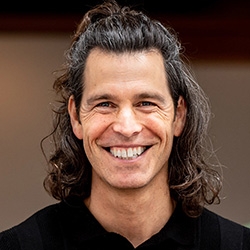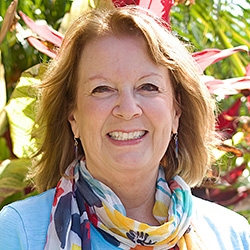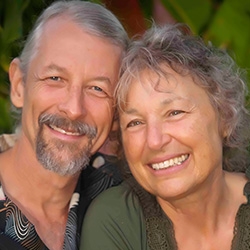
NVC Resources on Responsibility
-
In this book excerpt, Kathleen and Jared offer a path to reach deeper clarity, distinguishing between freedom and submission / rebellion.
-
Trainer Tip: Ask someone what they enjoy about you being in their life. For example, “Would you tell me 3 specific reasons you enjoy having me in your life?” To a vague reply like, “Oh, you know I love you. I just like spending time with you.” Or, “You’re one of my best employees!” ask for more specificity (eg. “Can you tell me what I do and what needs it meets that makes me one of your best employees?”). This may reveal more to both of you.
-
In Yoram’s 2021 course, participants delved deeper into their NVC practice so they were better prepared to meet conflict head-on. In this 5-session series, Yoram explores: the power of empathy to change the trajectory of heated conversations embracing the internal conflicts of the different parts of ourselves how to approach differing views peacefully the use of NVC to help let go of judgments how to confidently ask for what you want
-
In this telecourse recording, expert trainer Miki Kashtan will help you uncover what prevents you from making requests for everything you want without fear. The class includes daily practices for requests skill building.
-
Blame is opaque when we don’t reflect on it deeply. We blame when we don’t see ourselves as having power to shape things, and see others as the ones who can. Blame and how we respond to it, is both a symptom of inability to step into power, and an impediment to empowered relationships. Transforming blame requires self-responsibility. Read on for practices involving empathy, inner connection, power, preparation and engaging options.
-
Trainer tip: It's often easy for us to hear rejection when someone says “no” to us. If we focus on the rejection, we may feel hurt and fail to take the time to understand what is going on with them. However, if we focus on their feelings and needs, we're more likely to uncover what they want and what prevents them. To increase success in resolving conflicts and find solutions that work for everyone, hear the “yes” behind their "no".
-
Nonviolent Communication includes a practice of empathy that involves listening for feelings and needs no matter how someone expresses themselves, and reflecting back the feelings and needs when it is helpful to do so. You can reflect back in a traditional NVC manner, or in a more creative way, with metaphors.
-
Blame is the game that protects me from the understanding that the cause of all my emotional distress, fear, shame and guilt comes from the part of me I call "the inner voice." As long as I keep the big bony finger of blame pointed in your direction, I can remain unaware of the fact that it is what I am telling myself about your behavior that is stimulating my painful reactions.
-
In this dynamic 4 session telecourse recording, Kelly Bryson provides practical skills to balance passion for self with compassion for others. You will learn to apply Nonviolent Communication to stop yourself from being intimidated, giving in or giving up, abandoning your own needs or resenting others.
-
Join CNVC Certified Trainers and Mediators Jori and Jim Manske in an exploration of using Nonviolent Communication in the context of Mediation and Conflict Resolution.

